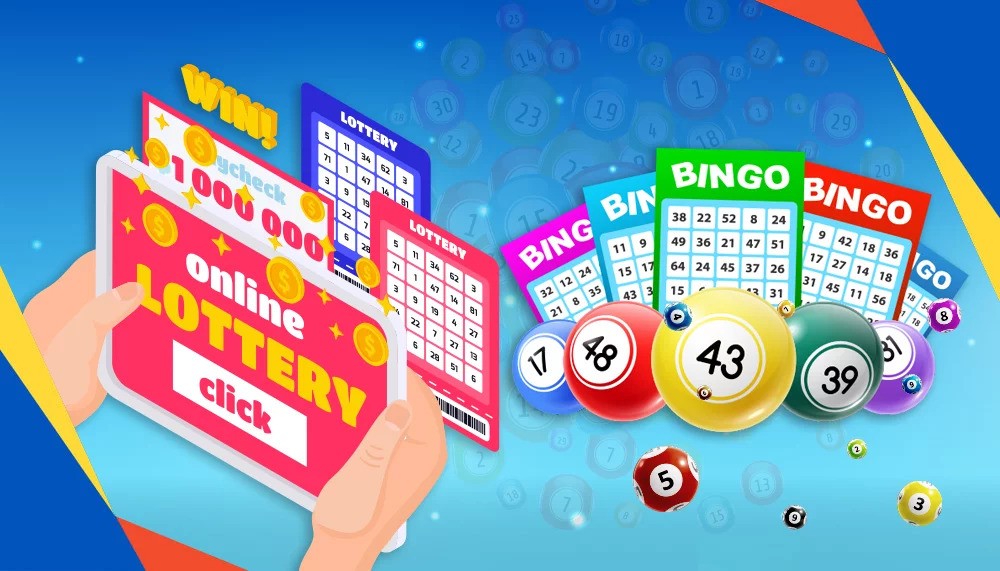The lottery is one of the oldest forms of gambling, tracing its origins back to ancient civilizations. From the simple drawing of lots in a village square to the multi-million dollar jackpots of today, lotteries have captured the imagination of millions around the globe. In recent years, the advent of the internet has transformed how people participate in lotteries, leading to the emergence of online lottery platforms. This article explores the evolution, advantages, challenges, and future prospects of online data sydney.
Evolution of the Lottery
The lottery’s history dates back thousands of years, with records of lotteries found in ancient China, where it was believed to have funded major government projects. Over time, lotteries spread across Europe, becoming popular in the 15th century. Governments recognized their potential as a source of revenue and began to regulate and promote them.
The late 20th century saw the advent of state-sponsored lotteries in various parts of the world, particularly in the United States. However, the lottery industry truly underwent a revolution with the rise of the internet. In the early 2000s, countries like the UK and the US began allowing online lottery sales, providing players with a convenient way to purchase tickets from the comfort of their homes.
Advantages of Online Lottery
- Accessibility: One of the most significant benefits of online lotteries is accessibility. Players can participate from anywhere with an internet connection, eliminating the need to visit a physical location. This is particularly beneficial for individuals in remote areas or countries where traditional lotteries may not be available.
- Convenience: Online platforms allow players to purchase tickets at any time, removing the constraints of operating hours associated with physical retailers. This flexibility caters to busy lifestyles and ensures that players never miss out on a draw.
- Variety of Games: Online lottery platforms typically offer a wider variety of games than traditional outlets. Players can choose from local, national, and international lotteries, significantly increasing their options and chances of winning.
- Enhanced Security: Online lotteries often employ advanced security measures, such as encryption and secure payment gateways, to protect users’ personal information and financial transactions. This can offer a sense of safety compared to cash transactions at retail locations.
- Automated Notifications: Many online lottery services provide automated notifications for draws and results, making it easier for players to keep track of their tickets and any potential winnings.
Challenges and Concerns
Despite the advantages, online lotteries also face several challenges:
- Regulation and Legality: The legal landscape for online lotteries varies significantly across regions. Some countries have embraced online gambling, while others have strict regulations or outright bans. This patchwork of laws can create confusion and limit access for players.
- Addiction and Responsible Gaming: The ease of access to online lotteries can lead to increased gambling addiction. Unlike traditional lotteries, which may require a trip to a store, online lotteries allow players to gamble from anywhere at any time. As a result, operators must implement responsible gaming measures to help mitigate this risk.
- Scams and Fraud: The online environment can be fertile ground for scams. Unscrupulous operators may create fake lottery websites to defraud players. It is essential for users to research and choose reputable platforms to ensure their safety.
- Taxation and Winnings: Different jurisdictions have varying rules about how lottery winnings are taxed. Players may find themselves confused about their tax obligations, especially if they win a significant amount through an online platform.
The Future of Online Lottery
The future of online lotteries appears promising. As technology continues to evolve, we can expect several trends:
- Mobile Integration: With the proliferation of smartphones, mobile lottery apps are becoming increasingly popular. These apps provide a user-friendly interface for purchasing tickets and checking results on the go.
- Blockchain Technology: The adoption of blockchain technology could enhance transparency and security in online lotteries. Smart contracts could automate the payout process and ensure fair play, further boosting players’ confidence.
- Virtual and Augmented Reality: Emerging technologies like virtual and augmented reality could create immersive lottery experiences, allowing players to participate in virtual draws and engage with games in new ways.
- Increased Partnerships: As online lotteries gain popularity, we may see more collaborations between traditional lottery organizations and online platforms, broadening access and enhancing the gaming experience.
